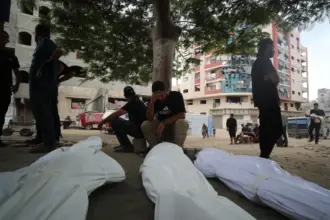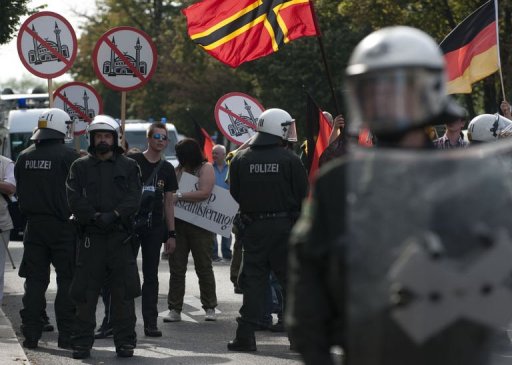Thirty young Libyans from across the country joined the United Nations Support Mission in Libya (UNSMIL) disarmament, demobilisation and reintegration (DDR) experts to share their insights and recommendations for implementing a successful DDR process in Libya.
The participants, representing various communities, highlighted the significant impact of political and security instability on young people and stressed the need for a unified national approach to address the issue.
The workshop participants emphasised that a successful DDR process requires a conducive environment, a unified legal, security and political structure, and dialogue between all relevant actors, including armed groups. They expressed concern that the current instability in Libya makes a successful DDR process extremely difficult.
“Integrated DDR processes are multi-stakeholder efforts comprising different, interlinked combinations of DDR programmes and related tools, to complement traditional DDR including community violence reduction,” said Aicha Kort, UNSMIL DDR Officer.
“These are part of the UN system’s multidimensional approach, which contributes to the transition from conflict to sustainable peace. In theory, DDR mandates seem very simple, but the implementation is much more complex. Every single challenge needs tailored engagement.”
The participants highlighted several key recommendations, including the need for a national dialogue between all Libyan parties, including armed groups, to build consensus and develop a comprehensive and inclusive integrated DDR process.
They also stressed the need for enhanced youth participation in the political sphere, through a quota system allowing young people to participate in decision-making.
The workshop participants discussed the need for a unified approach to security and military structures, as well as the importance of providing alternative economic opportunities for youth involved in armed groups. They also emphasised the need for awareness campaigns within communities to reduce the acceptance of armed groups and encourage youth engagement in civil society organisations.
Participants expressed concern about the acceptance of armed groups within Libyan society. “Libyan society is too accepting currently of the armed groups,” said one participant. “They are being used to resolve disputes and some families are even proud that their children are involved in them,” they added.
The participants stressed that the current instability means that armed groups are unlikely to demobilise or disarm without significant commitment from all parties. “Without commitment from all parties, DDR in Libya will face significant challenges,” they said, adding that nothing could really be achieved without political consensus and broad community participation.



